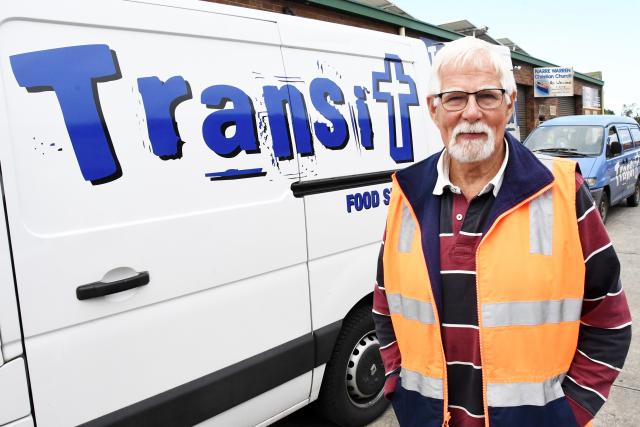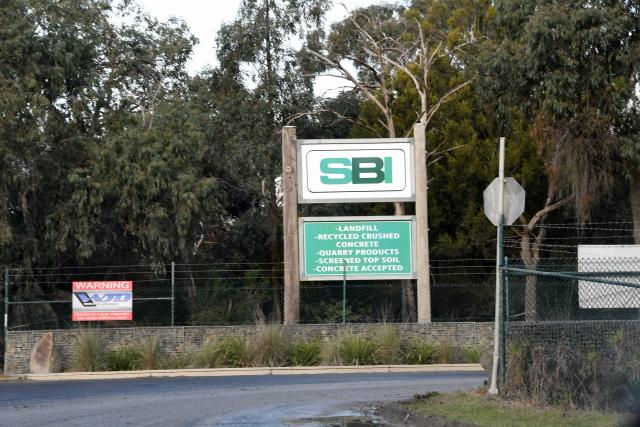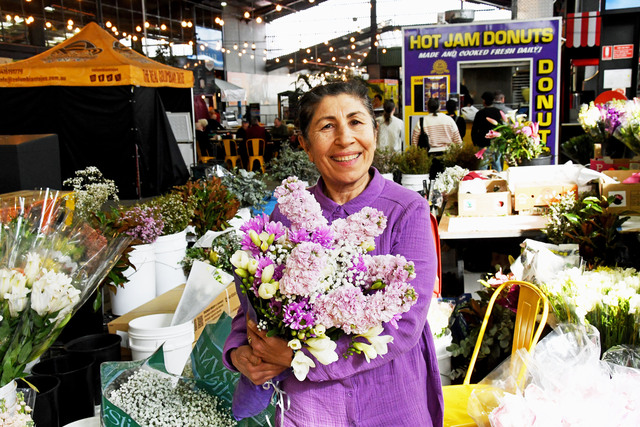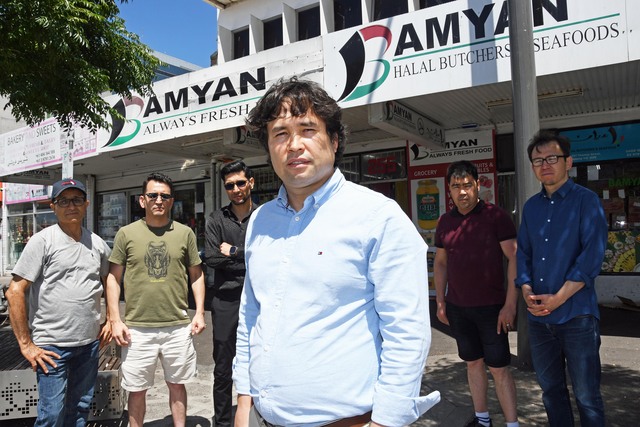Emergency food relief organisations in the City of Casey say they are at breaking point in the lead up to Christmas.
Transit Outreach coordinator Reverend Keith Vethaak said the food charity is having to turn people away from its services for the first time in its 15-year history.
“In the last 11 months we’ve had a 55 per cent increase in the numbers registering, which is enormous,” Revd Vethaak said.
“At the moment we’re spending over $600 to $700 a week just to buy food from Foodbank.”
Foodbank Australia is described as “the pantry to the charity sector”, currently partnering with 533 charities throughout Victoria.
While sourcing groceries from Foodbank is free for charities, the organisation does charge a fee for handling and delivery.
Revd Vethaak said he expects the organisation’s weekly Foodbank bill to tip $1000 in the coming year.
“We’re a completely voluntary organisation and it’s at the point where it’s going to become unsustainable for us soon,” he said.
“I understand the need for Foodbank to charge a handling fee, but I think perhaps the government needs to look at its funding model and help cover the costs, because it’s becoming unsustainable for us.”
Founder of fellow not-for-profit Bk 2 Basics Melbourne, Kelly Warren said their Foodbank bill has doubled over the last 12 months to $3000.
Demand for the Narre Warren food service has become so high that they were recently forced to put their weekly hot dinner service on hold for the remainder of the year.
“We’re servicing over 3000 families, or about 7000 individuals every week… at least 10 to 20 new families are coming through the door every day,” she said.
Kelly said she and husband Craig are working 18-hour days to keep up with the demand.
Data from Foodbank’s 2022 Hunger Report, released in October this year, found over two million Australian households have experienced severe food insecurity in the last 12 months, which means they ran out of food because of financial limitations and at worst went entire days without eating.
Households with dependent children are particularly vulnerable to food insecurity. More than half were either moderately or severely food insecure in 2022, 1.6 times higher than the national average of household food insecurity at 33 per cent.
In addition, 1.3 million children in Australia lived in severely food insecure households in the past 12 months.
A majority 64 per cent of people surveyed said cost of living was the main contributor to their food insecurity.
Foodbank Australia CEO Brianna Casey said the results should “make everyone stop in their tracks”.
“We know how important it is for people to have access to nutritious food, yet the rising costs of energy, fuel, groceries, rent and mortgages have put this fundamental need beyond the reach of more and more people with no respite in sight,” Ms Casey said in a statement.
“The numbers being reported are massive and hard to process, but they represent the harsh reality of living week to week when the cost-of-living crisis collides with an income crisis and the household budget now lists food as a discretionary spend.”







